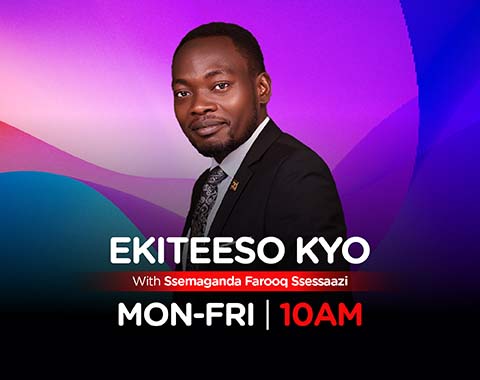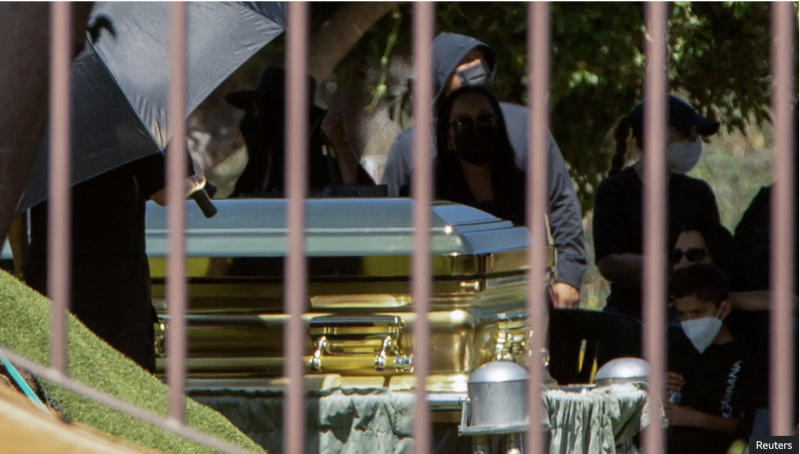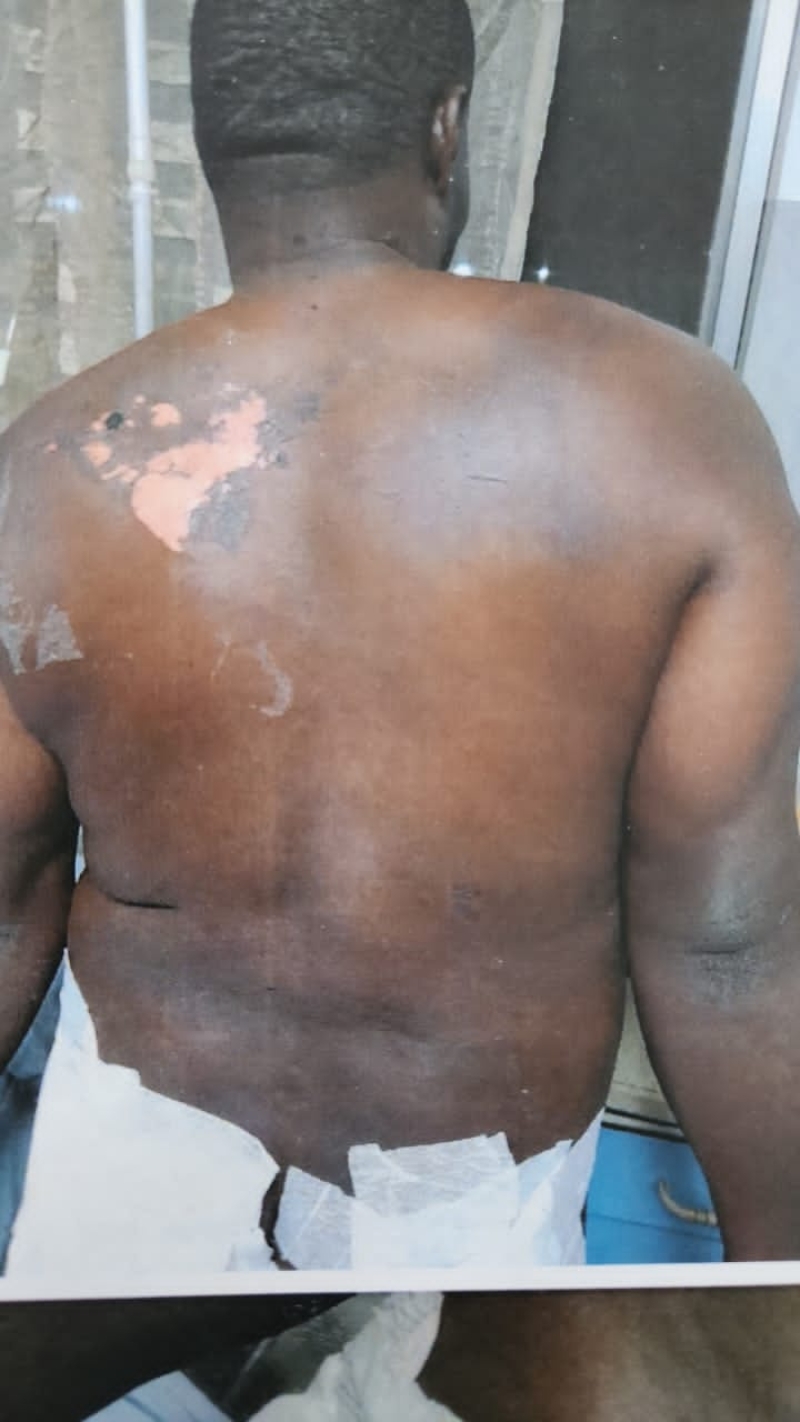President Yoweri Kaguta Museveni has urged government leaders to address persistent challenges that are hindering effective service delivery and social transformation.
Speaking at State House, Entebbe, during a meeting with about 200 Chief Administrative Officers (CAOs), Town Clerks, and Under Secretaries, President Museveni identified key bottlenecks including the sabotage of free education and healthcare, corruption, and land grabbing.
The government administrators had recently completed a training course at the National Leadership Institute (NALI) in Kyankwanzi. The training, conducted under the theme “Transformative Public Service: A Path to Development, Improved Service Delivery and Wealth Creation”, was designed to equip civil servants with ideological clarity and practical tools for national development.
In his address, President Museveni highlighted several “irritants” eroding public trust in government services. One of these was the illegal charging of fees in government-aided schools, which he termed a betrayal of the Universal Primary and Secondary Education (UPE and USE) policies.
“Why has the political class failed to see the importance of Boona Basome (Education for All)?” the President asked. “We have seen learner numbers dropping from Primary Seven to secondary level. Head teachers are sabotaging our free education program by imposing illegal charges on parents.”
He directed CAOs and Town Clerks to enforce the no-fees policy in public schools and warned against the expansion of boarding sections under the guise of free public education.
“We don’t need boarding schools to offer free education. Let children sleep at home. These extra costs are suffocating poor families,” he emphasized.
Turning to the health sector, President Museveni condemned the ongoing theft of drugs from government health facilities, even as the country’s immunization efforts have successfully eliminated diseases such as measles and polio.
“Drug theft is a serious irritant. It must stop. Immunization is working—we have proof that some diseases have disappeared. But corruption in our health system continues to cause suffering,” he noted.
The President also criticized land grabbing, particularly when facilitated by rogue elements in the security forces. He pledged to issue an Executive Order barring soldiers from involvement in land disputes.
“The army’s job is to defend Uganda’s borders—not to patrol land boundaries,” he said.
He stressed that eliminating these bottlenecks would restore public trust and fast-track national development.
On wealth creation, the President revisited the National Resistance Movement (NRM)’s 1996 Four-Acre Model strategy, advocating for intensive agriculture on small landholdings. He explained that the model was based on market research and designed to empower families with fragmented land.
“In this model, one acre should be for clonal coffee, one for fruits like mangoes or oranges, one for pasture for zero-grazing dairy cows, and one for food crops like bananas and cassava,” he said.
He also encouraged families to use their backyards for poultry, piggery, and fish farming. “These seven activities can transform the livelihoods of smallholder farmers,” he noted.
President Museveni contrasted this model with extensive farming (e.g. tea, cotton, sugarcane), which he said only becomes profitable at large scale.
He concluded by urging public servants to work with integrity and commitment to Uganda’s socio-economic transformation.
“If you work only for the stomach and forget the pocket, you’ll remain poor. But if we combine free education, healthcare, and wealth creation, Uganda will rise,” he said.













